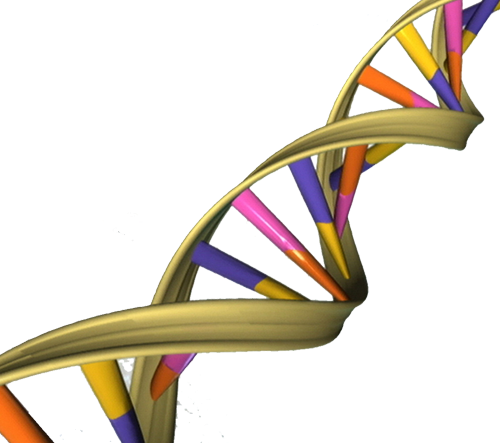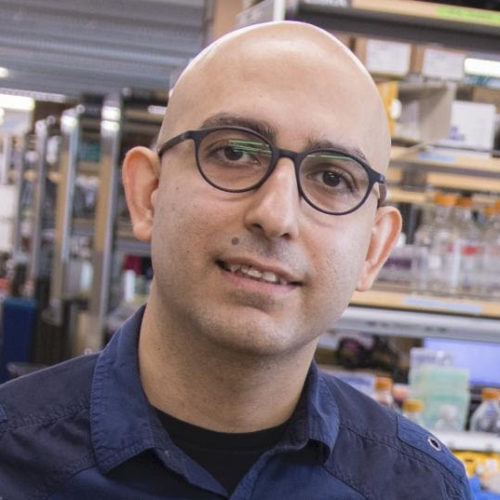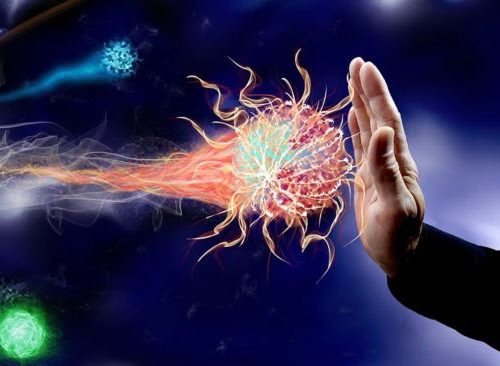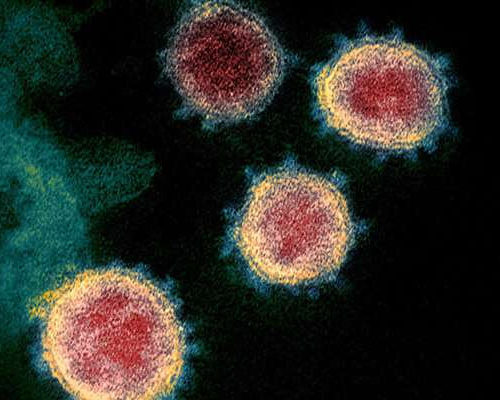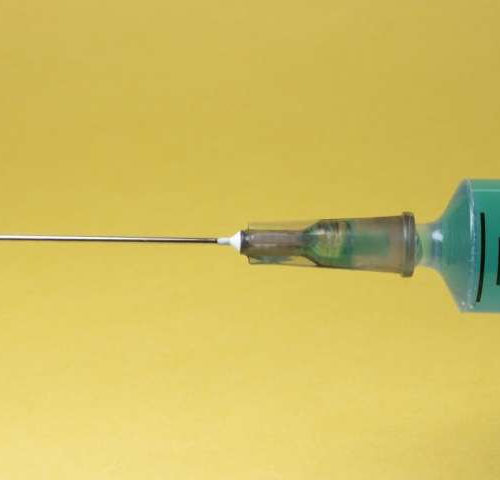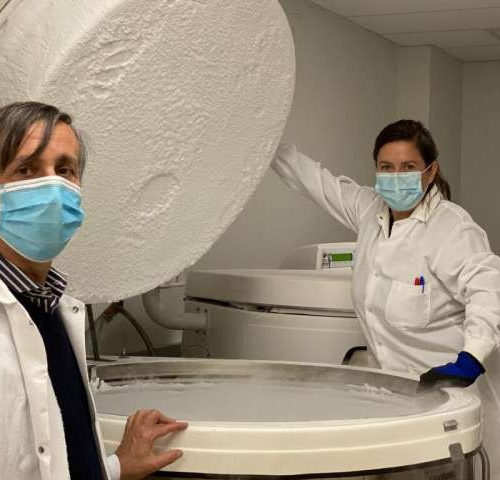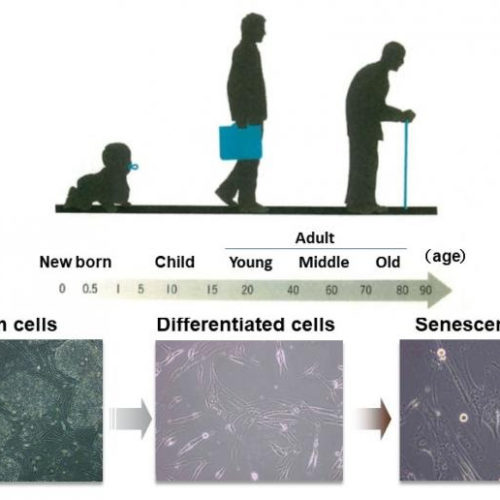by University Health Network A depiction of the double helical structure of DNA. Its four coding units (A, T, C, G) are color-coded in pink, orange, purple and yellow. Ancient embedded elements in our DNA from generations past can activate a powerful immune response to kill cancer cells like an infection. The work builds on Princess...
Tag: <span>immune response .</span>
Scientists discover the earliest steps in the development of an immune response
by University of Birmingham The process of white blood cells responding to infections begins earlier than previously thought, according to a new study by scientists at the University of Birmingham. When the body is infected, the white blood cells that make up the immune system step into action to fight back. However, the process of developing...
Does the COVID-19 cytokine storm exist?
Research may have an impact on the chances of success of a specific treatment RADBOUD UNIVERSITY MEDICAL CENTER Inflammatory proteins, also known as cytokines, play a crucial role in the immune response. If this immune response is too strong, a phenomenon known as “cytokine storm”, it can cause harm to the patient. It has been...
Editing the immune response could make gene therapy more effective
ASSOCIATE PROFESSOR OF PATHOLOGY, MEMBER OF THE PITTSBURGH LIVER RESEARCH CENTER AND THE MCGOWAN INSTITUTE FOR REGENERATIVE MEDICINE view more CREDIT: UNIVERSITY OF PITTSBURGH PITTSBURGH, Sept. 3, 2020 – Gene therapy generally relies on viruses, such as adeno-associated virus (AAV), to deliver genes into a cell. In the case of CRISPR-based gene therapies, molecular scissors...
The behaviour of therapeutic antibodies in immunotherapy
Since the late 1990s, immunotherapy has been the frontline treatment against lymphomas where synthetic antibodies are used to stop the proliferation of cancerous white blood cells. However, in the more than 20 years since their use began, the molecular mechanisms that underlie this therapy are still little understood. For the first time, scientists from the...
Researchers show children are silent spreaders of SARS-CoV-2
by Massachusetts General Hospital In the most comprehensive study of COVID-19 pediatric patients to date, Massachusetts General Hospital (MGH) and Mass General Hospital for Children (MGHfC) researchers provide critical data showing that children play a larger role in the community spread of COVID-19 than previously thought. In a study of 192 children ages 0-22, 49...
Tuberculosis vaccine research could benefit the elderly and diabetics
by James Cook University A study of older mice with type 2 diabetes has yielded highly promising results for researchers investigating potential new vaccines for tuberculosis (TB). A team of researchers from Australia, Bangladesh and France investigated a potential vaccine, BCG::RD1, and found it highly protective when administered directly into the lungs of diabetic mice,...
Exposure to common cold coronaviruses can teach the immune system to recognize SARS-CoV-2
by La Jolla Institute for Immunology Your immune system’s ‘memory’ T cells keep track of the viruses they have seen before. This immune cell memory gives the cells a headstart in recognizing and fighting off repeat invaders. Now, a new study led by scientists at La Jolla Institute for Immunology (LJI) shows that memory helper...
Identification of a new mechanism in the immune system provides knowledge about diseases
by Aarhus University PaludanDepartment of Biomedicine, Aarhus University Credit: Lars Kruse/Aarhus University An active immune system protects against diseases and infections. An overactive immune system is the body’s worst enemy. One example of this is multiple sclerosis, which is a so-called autoimmune disease, while an overactive immune system also leads to some COVID-19 patients becoming...
NSD2 enzyme appears to prevent cellular senescence
Toward an era where aging can be controlled KUMAMOTO UNIVERSITY THE HUMAN BODY AND THE CELLS THAT MAKE IT UP HAVE A “PROGRAM ” FOR AGING. IT IS THOUGHT THAT THERE IS AN ACCUMULATION OF SENESCENT CELLS IN TISSUES AND ORGANS… view more CREDIT: PROFESSOR MITSUYOSHI NAKAO Researchers from Kumamoto University in Japan have used...

